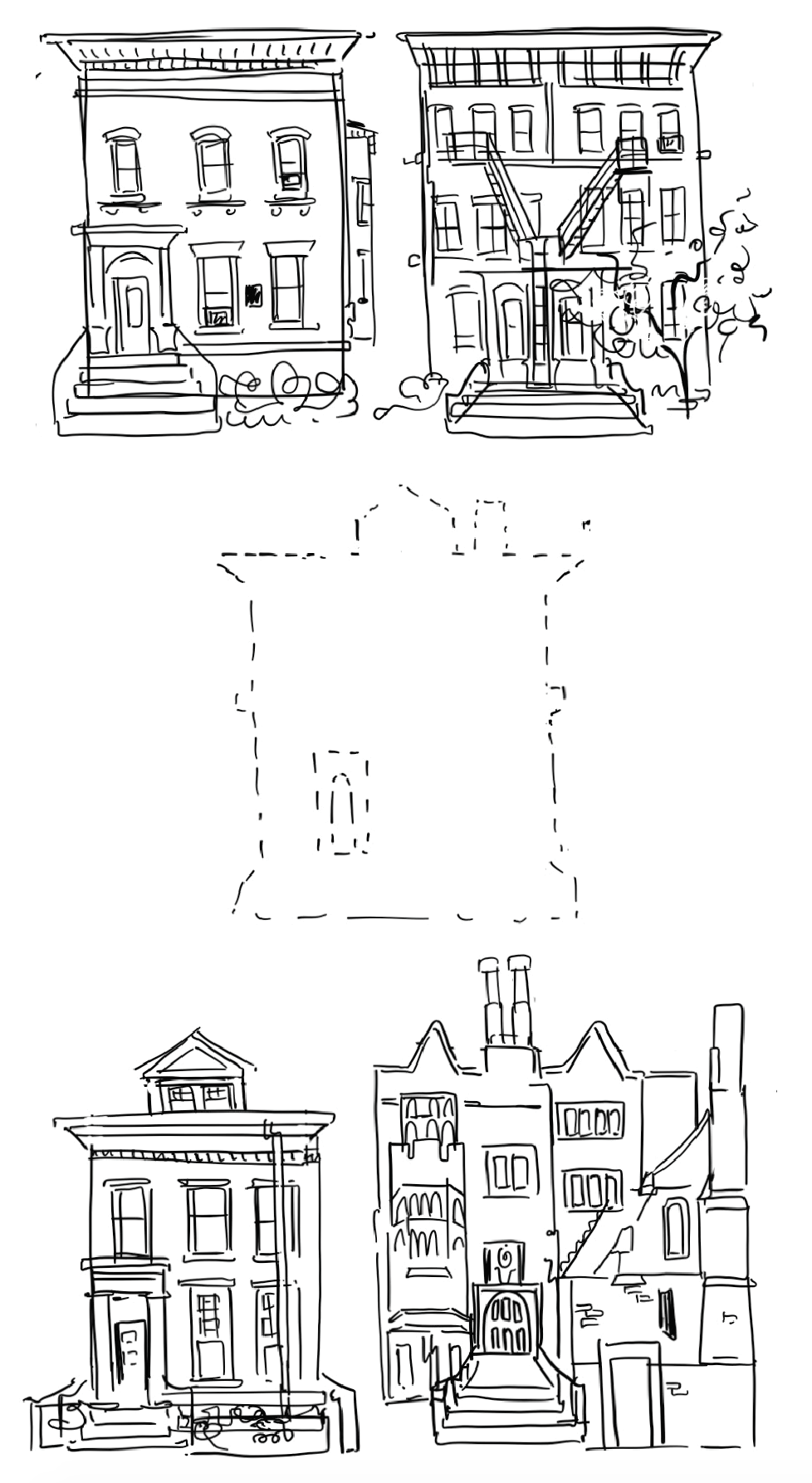
Dora Guo
When you belong to the vague conglomeration that is “Middle Eastern/North African” (MENA), there isn’t really an exact place where you know you belong. You’re not quite considered Asian, and you’re not really considered African, either. You probably had to tick “white” on your college applications, but you are most definitely not, and so you live your life somewhere between the cracks, never quite finding your proper footing.
We are a diverse group of people with a vibrant culture, valuing family and community above all else. We have a long and rich history, but our identity is consistently erased and our customs disregarded. I was lucky enough to grow up in an incredibly diverse city, streets filled with restaurants, flower parlors and markets owned by people from all around the world, and particularly from the MENA region. At Yale, my difficulty finding a MENA community has not only been hard on a personal level, but also showed me the need for a MENA cultural house that we can call our own.
In south Nashville, I consistently saw people who looked like me, and I practiced old traditions and learned in classrooms alongside them. We had a lively community in a space that we carved for ourselves, which meant late nights in houses filled with multicolored rugs and the smell of tea leaves steaming and kitchen tables covered with rice and stews and meats.
When I came to Yale, I knew that my community wouldn’t be the same, but I was not prepared for the fact that it would feel essentially nonexistent. During the first few weeks of the semester, it felt like I would never be able to have that same sense of cultural unity away from home. Meeting fellow MENA people was always fun but forever fleeting, a joy in passing as we would inevitably have to go our separate ways.
When I discovered the MENA cultural association, I realized that the problem was not that my community was nonexistent. Far from it, actually. The problem was that we did not have a place to come together. There is no MENA cultural house, no place for us students who fall between the cracks.
Yale has made significant strides for students of color in providing spaces for them to embrace their identity. Friends of mine are consistently stopping by places like La Casa to take a study break or the Native American Cultural Center to attend a talk. Students are joining extracurricular groups through their cultural houses, strengthening their relationships with their own identities and with others similar to them. Cultural houses are beautiful places that foster community and allow students of color to never feel like they’re alone.
But the fact that Yale has not established a MENA cultural house only further perpetuates the harmful erasure of the identity that so many of us are desperate to embrace. We deserve a space where we can invite speakers, host study breaks or simply sit in a place that we know is dedicated to the culture that so many of us had to leave back at home.
The Yale administration is unable to take the trouble to provide a MENA cultural house until it is deemed ‘worth it’ — until they are convinced that there is a real demand for a MENA house. But Shady Qubaty ’20, founder of the Yale MENA Students Association, informed me that there are 470 people on the MENA mailing list. Moreover, 75 percent of the 2,100 students who responded to a survey by the YCC — which has officially endorsed creating an additional cultural house — said that they supported the creation of a MENA house. Our desires are not those of a timid minority.
Because of the consistent erasure of our identity, it is difficult to know exactly how many of us there are at Yale who are from the MENA region. But that does not change the fact that there is a strong demand for a cultural house that is only growing. Having to put “white” on our applications does not take away the stories, the values and the history that we carry with us every single day. We carry all of this with us as we walk through Yale’s campus, as we sit in lectures, as we eat our meals in our dining halls.
There is no shortage of us, either, and we deserve a place to properly engage with and enjoy our culture with other members of our community. Students have been fighting for this for years, and it is time that Yale starts to listen.
DEREEN SHIRNEKHI is a first year in Davenport College. Her column runs on alternate Thursdays. Contact her at dereen.shirnekhi@yale.edu .







